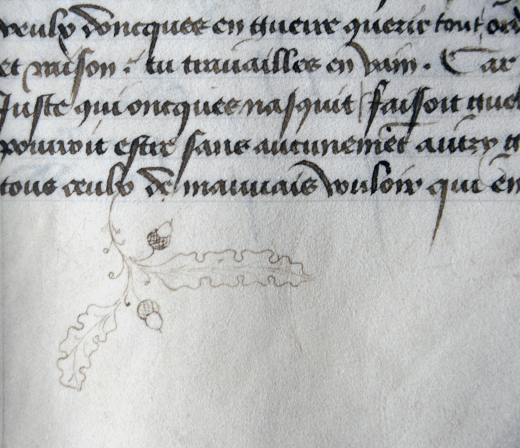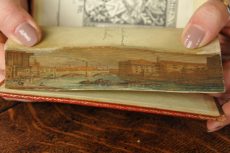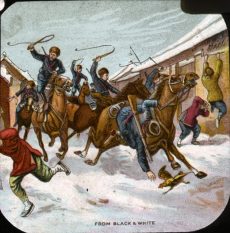- About
- Visiting
- What’s On
- Venue hire
- Catalogues
- Collections
- 101 Treasures of Chetham’s
- Digital Resources
- The Flowers of Histories
- A Book of Hours from France
- The Manchester Scrapbook
- Thomas Barritt of Manchester
- Art Treasures Examiner of 1857
- Manchester Association for Constitutional Order
- The North Western Museum of Science and Industry: Some Reminiscences by Richard Hills
- Criminal Manchester
- The Cup of Destiny
- Athenaeum Souvenir
- Middle English Manuscripts
- Manchester and Liverpool of Today
- Hollingworth’s Mancuniensis
- Memoir of Cecil Wray
- William Seward’s Diary
- The Anti-Monopolist
- Fishwick’s History of Rochdale
- Knyvett’s Defence of this Realm
- Tractatus de Nigromantia
- Axon Ballads
- Printed Books & Ephemera
- Archives & Manuscripts
- Prints and Photographs
- Blog
- Support us
Poetry of Alain Chartier
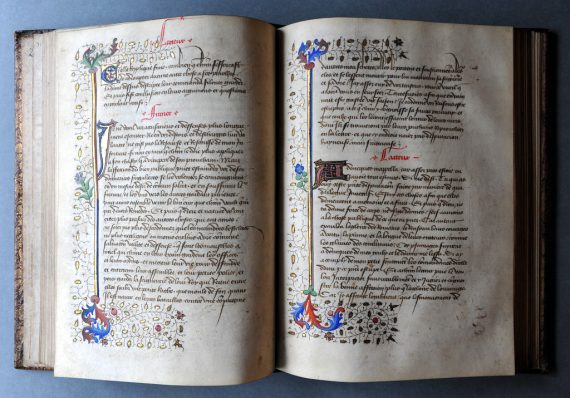
The manuscript of a selection of the works of Alain Chartier (ca. 1385-1430) now at Chetham’s was once in the library of the Duc de la Vallière, from which it must have been torn at the revolution. The Library bought it from the sale of the library of William Roscoe in 1816.
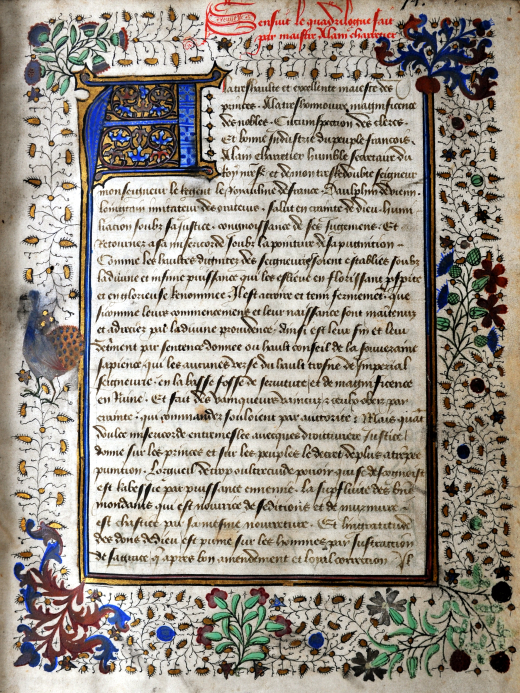
The manuscript is in a distinctive and beautifully executed ‘bastarda’ hand, typical of fifteenth-century French literary productions, and is undoubtedly the result of a commission from a wealthy patron, with fine parchment, broad margins, and coloured and illuminated decoration.
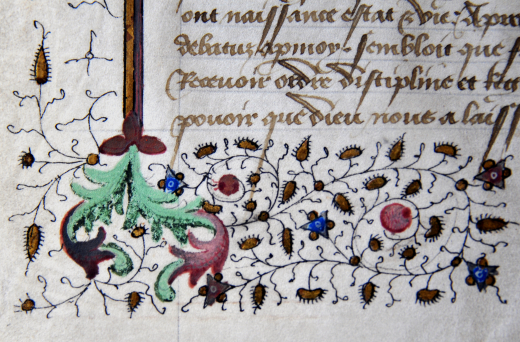
Chartier was among the great poets of the fifteenth-century French court, and acted as clerk, notary, and financial secretary to the Dauphin, later to become Charles VII. He also saw service as an ambassador. He thus moved in the highest circles of court life; his brother was bishop of Paris. His works were designed to feed the literary appetites of his social milieu, and consist of sophisticated verse and prose rich in symbolism, often couched in the form of debates and dialogues, both between imagined people and between such personifications as the nation of France herself, as the church, or as the nobility as a class.
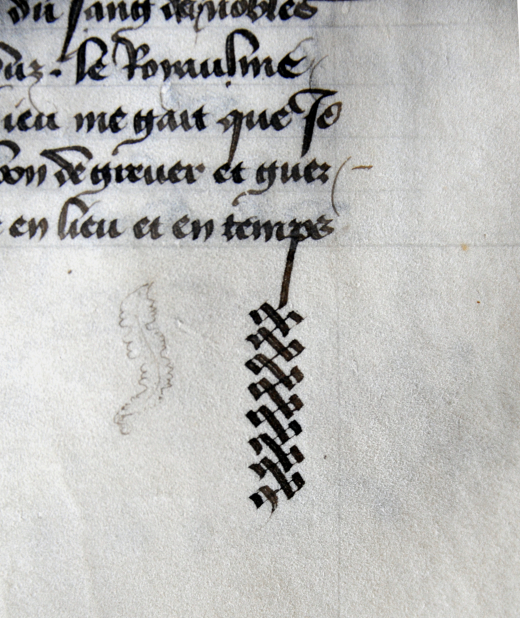
The Chetham’s manuscript contains two of his most famous works, the Quadrilogue invectif, a political satire, and La Belle Dame sans mercy. The latter acted as the central inspiration for Keats’ celebrated Belle Dame sans Merci. Chartier’s works remain in print and are standard texts for all students of French literature. The last detailed study of the contents of this manuscript was done in 1917, so if medieval courtly literature is your thing, A.6.91 is waiting…
